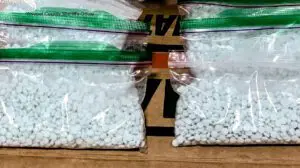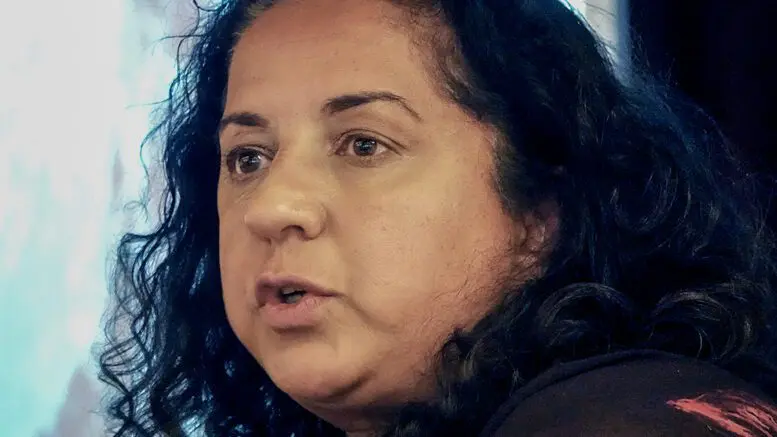The illicit drug crisis in the Northwest Territories has only worsened since the pandemic, when there was an increase in physical and emotional trauma combined with boredom, some of the key underlying causes of addiction.
NWT Chief Public Health Officer Dr. Kami Kandola has also found the crisis led to increased violence in many households and communities – with more children being apprehended – with some public housing units even taken over by criminals to serve as drug dens.
“I now find myself at the forefront of a crisis that has been affecting many Canadians,” said Kandola, who issued the public health orders to control the spread of Covid-19 during the pandemic.
“This crisis has worsened since the onset of the pandemic, where supply chains for heroin and cocaine were destructed, then dealers turned to illegal synthetic production of opioids and other psychoactive substances to replace the heroin and to cut their stimulants, such as crack, and this only increases their addictiveness.”
Kandola was a guest speaker at the 15th Annual Voices for Peace Symposium on Sunday in Yellowknife.
Her message was both of compassion for the addicts – and how to take care of them if they overdose — and anger over the lengths the dealers will go to get people hooked.
“Drug dealers prey on those seeking to belong, and those needing relief from pain, providing contaminated and more potent drugs to increase their customer base,” said the doctor.
Her mission of late has been to raise awareness about the toxic drug supply in the Northwest Territories and the importance of harm reduction measures.
Since 2016, Canada has lost nearly 45,000 people to opioid toxicity, with 43,000 hospitalizations, 65-per-cent of which were accidental. Indigenous communities are particularly affected, with 27 overdose deaths in the Northwest Territories.
There are likely more NWT residents who died from overdose in 2023 during the evacuation outside of the territory, but those actual numbers might never be known, Kandola has previously stated.

An example of para-flurofentanyl seized by American authorities. (Photo courtesy of Yavapai County)
Public health orders to shut down businesses and schools during the pandemic also saw a significant increase in anxiety and depression among young people, making them more vulnerable to substance misuse.
Kandola said on Sunday that Indigenous communities in the Northwest Territories have identified the illicit drug trade as one of their top crises, with a state of emergency declared in some areas.
The current state of illicit drug toxicity and illegal manufacturing labs means that no one knows what’s in the drugs, making it essential to be prepared for potential poisoning and overdose.
A public health advisory was recently issued on brown crack found enroute to Yellowknife, which tested positive for multiple substances, highlighting the organized and institutional nature of the illicit drug trade.
Para-flurofentanyl was detected, prompting the CPHO to issue a public health advisory as it is about about 100 times stronger than morphine and now appearing as a dangerous illicit drug in Canada and the USA.
Kandola emphasized the need for a holistic response to the crisis, acknowledging that different situations require different approaches and a complex network of support.
The opposite of addiction is connection, and the first step in addressing the crisis is to let people know that help is available and to be compassionate towards those using substances.
Recognizing the signs of an overdose and calling 911, as well as administering Naloxone, are crucial parts of the response.
Kandola urged people to recognize signs of overdose and known how to administer Naloxone.
Then call 911 and stay with the person who has overdosed or has been otherwise poisoned by illegal drugs until help arrives.





